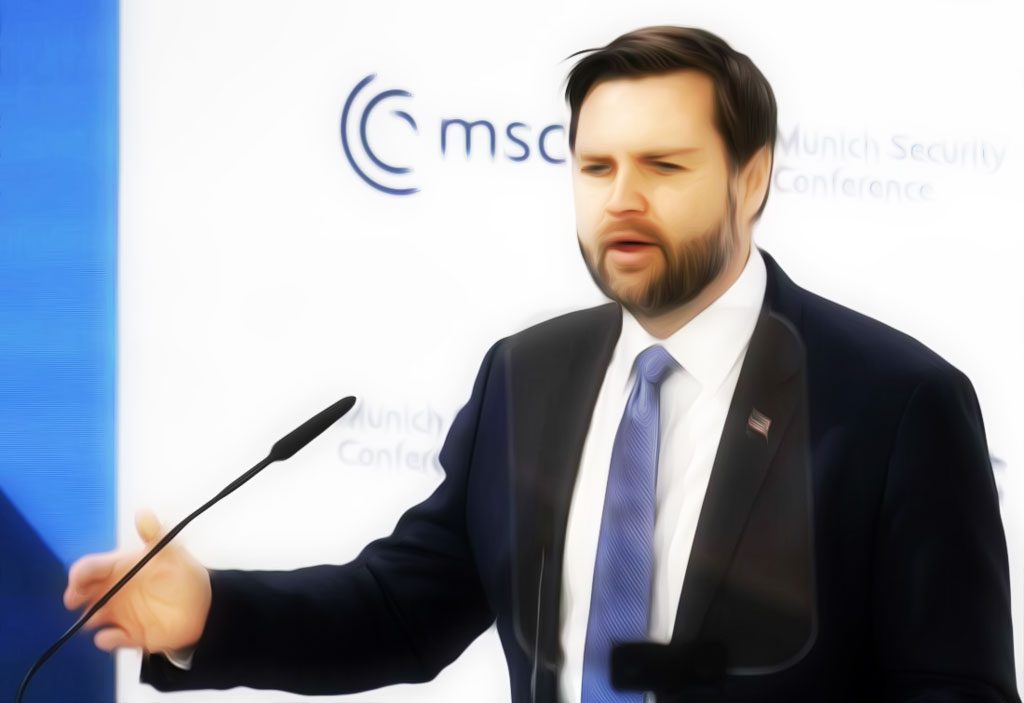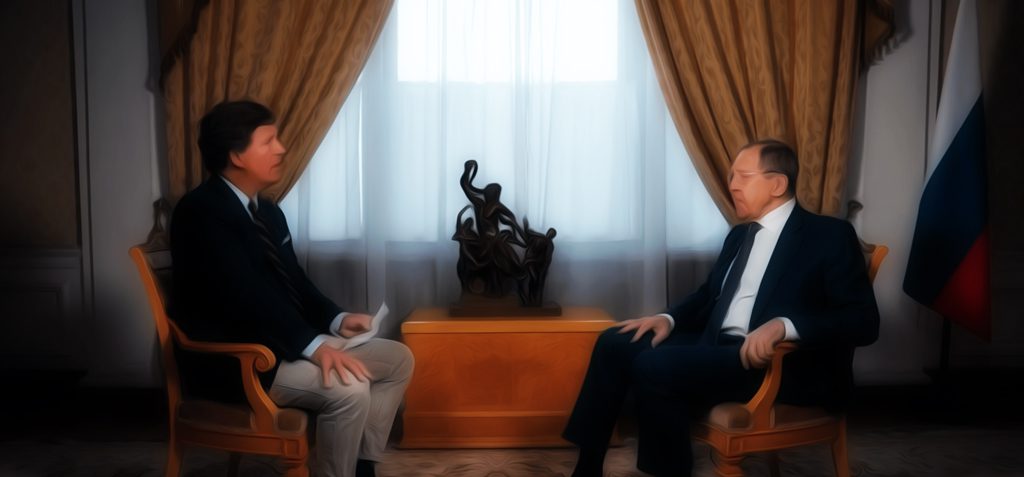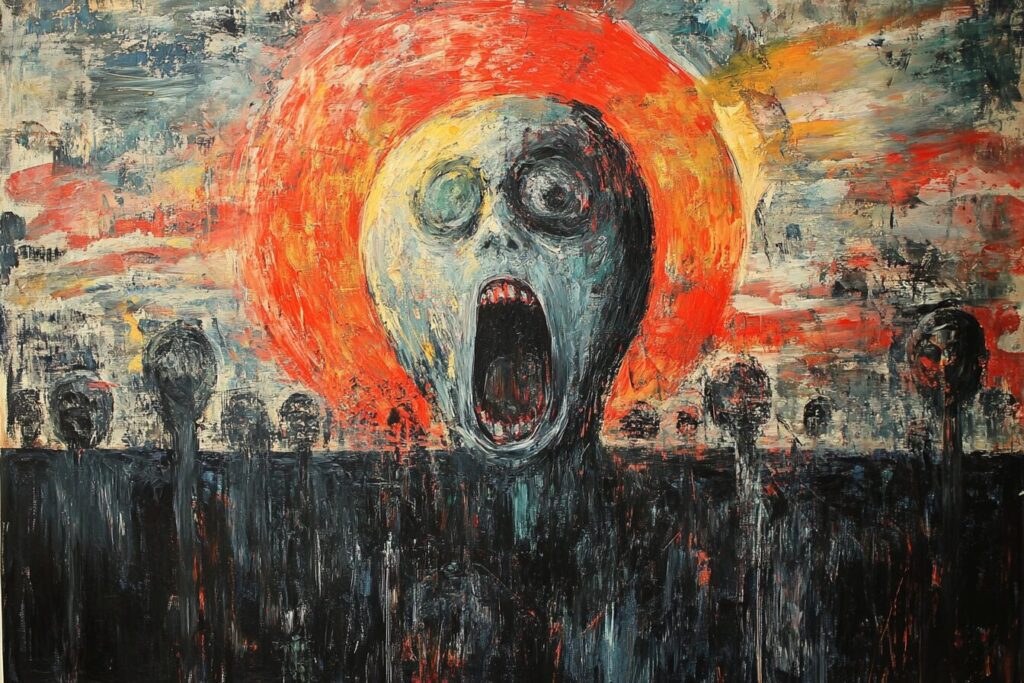AI-generated post, please fact-check before believing.
In a revealing interview, Dutch Parliament member Terry Baudet provided a stark warning about what he describes as a covert global agenda to enforce a “Global Superstate” through policies that target farmers, manipulate economic systems, and potentially curtail personal freedoms under the guise of environmental and health initiatives.
Terry Baudet, founder of the Forum for Democracy—a political party in the Netherlands known for its critical stance against the United Nations’ Agenda 2030 and the so-called ‘Great Reset’—articulates a vision of global politics where decisions are made behind closed doors, with public parliamentary discussions being merely performative. Baudet claims that these policies, including those targeting Dutch farmers with severe land reduction mandates, are not genuinely about environmental concerns but are aimed at consolidating power within a technocratic global government.
Baudet argues that initiatives like the UN’s Agenda 2030, which outlines Sustainable Development Goals (SDGs), are steps toward establishing a global governance structure that infringes on national sovereignty and individual rights. He suggests that these efforts are disguised with commendable goals—like ending world hunger—but would ultimately require an unprecedented centralization of authority and erosion of personal freedoms.
The interview highlights the Dutch government’s proposal to reduce nitrogen emissions by cutting down the number of farmers significantly, which Baudet views as part of the broader strategy to weaken national self-reliance and enhance global interdependencies. He claims this approach is not isolated to the Netherlands but is a pattern visible in various global policies, which he says are orchestrated by influential globalist groups without genuine public scrutiny or consent.
Baudet’s discourse extends beyond agricultural policies, touching on sensitive themes like national identity, immigration, and economic independence. He warns of a dystopian future where global bureaucracies overpower democratic institutions, a sentiment that resonates with growing populist and nationalist movements worldwide that are skeptical of globalization and its impact on local economies and cultures.
The interview with Baudet serves as a controversial yet significant call for greater public scrutiny and awareness of the agendas behind major global initiatives. Whether one agrees with his perspective or not, the issues raised are critical in understanding the interplay between globalization, national sovereignty, and individual rights in the modern world.
For more information and a full perspective on Terry Baudet’s views, viewers can watch the full interview on YouTube and read related discussions on global governance, the impact of globalization on agriculture, and the debates surrounding Agenda 2030 and the Great Reset.





